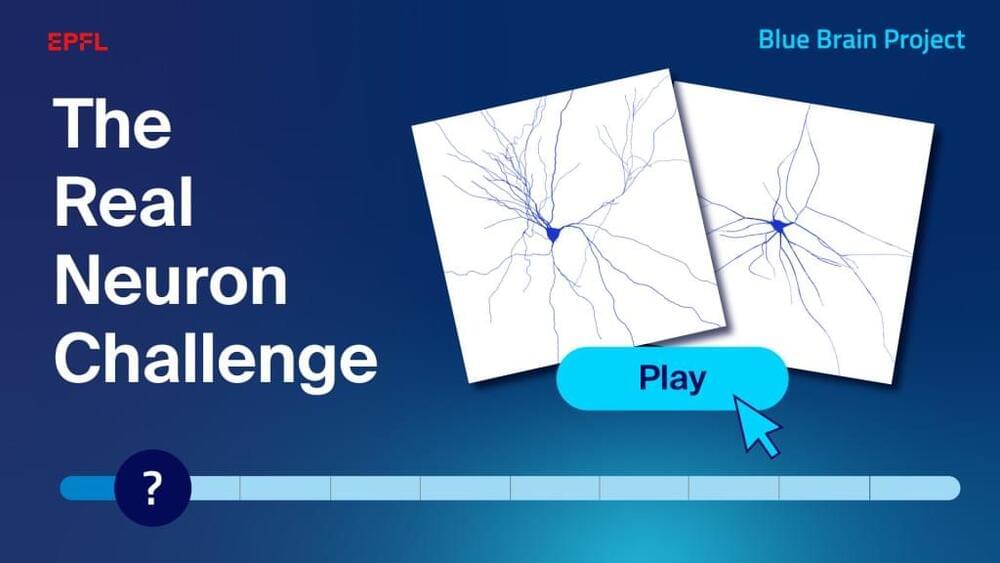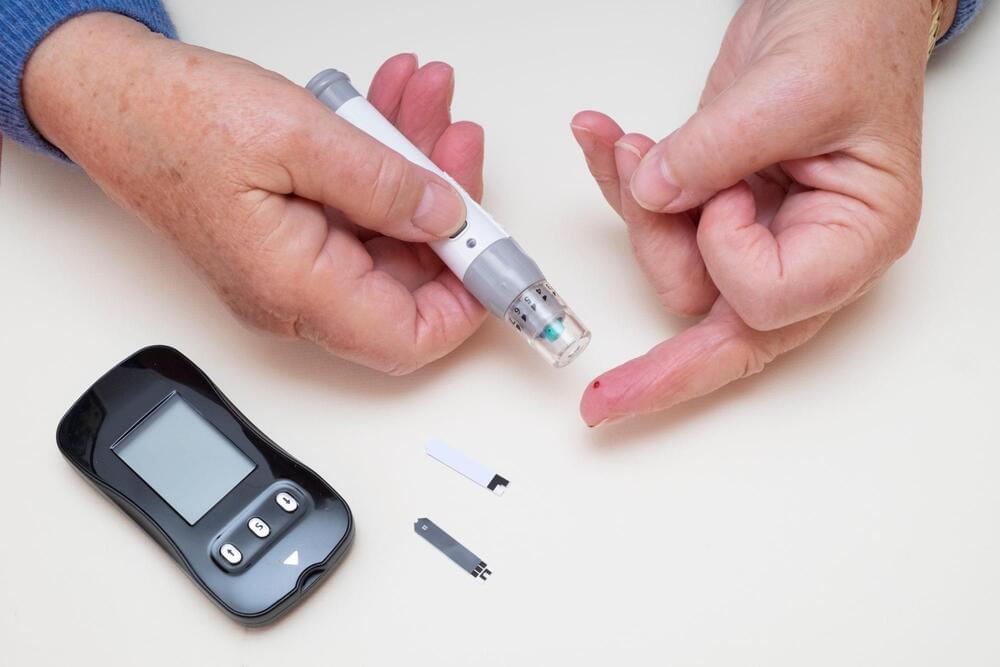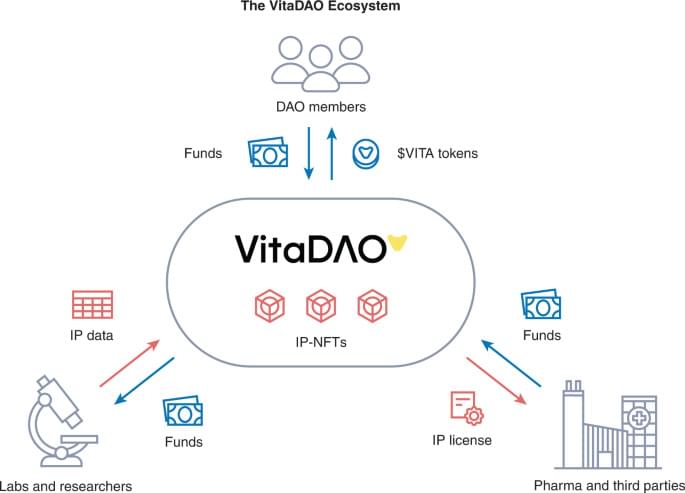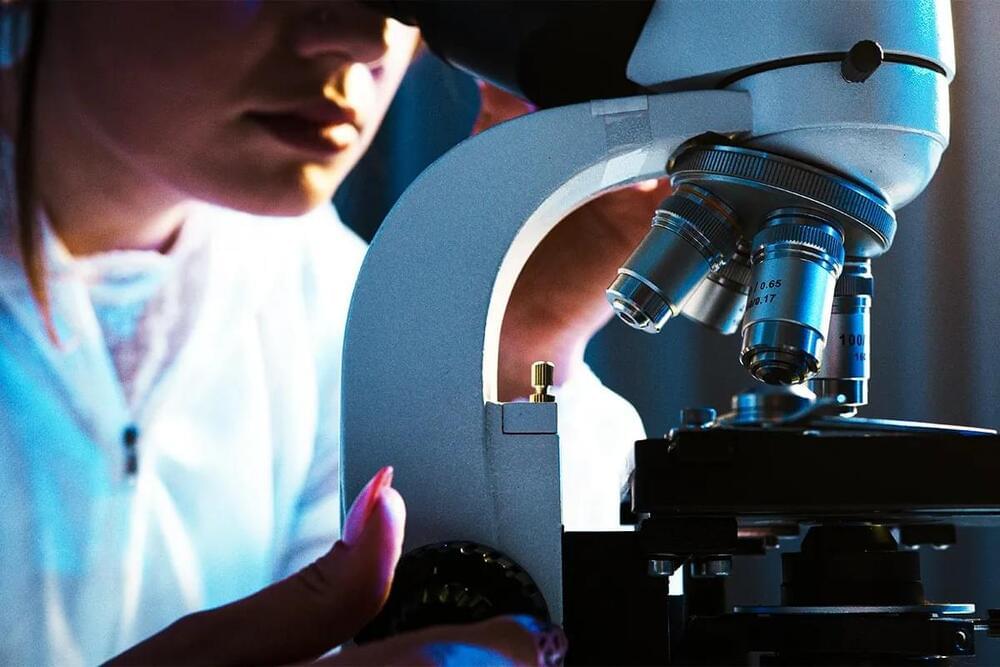Sep 1, 2022
Topological Neuron Synthesis
Posted by Dan Breeden in categories: biotech/medical, computing, information science, neuroscience
In a study published in Cell Reports, we present a novel algorithm for the digital generation of neuronal morphologies, based on the topology of their branching structure. This algorithm generates neurons that are statistically similar to the biological neurons, in terms of morphological properties, electrical responses and the connectivity of the networks they form.
This study represents a major milestone for the Blue Brain Project and for the future of computational neuroscience. The topological neuron synthesis enables the generation of millions of unique neuronal shapes from different cell types. This process will allow us to reconstruct brain regions with detailed and unique neuronal morphologies at each cell position.
The topological representation of neurons facilitates the generation of neurons that approximate morphologies that are structurally altered compared to healthy neuronal morphologies. These structural alterations of neurons are disrupting the brain systems and are contributing factors to brain diseases. The topological synthesis can be used to study the differences between healthy and diseased states of different brain regions and specifically, what structural alterations of neurons are causing important problems to the networks they form.






 Foresight Existential Hope Group.
Foresight Existential Hope Group.










